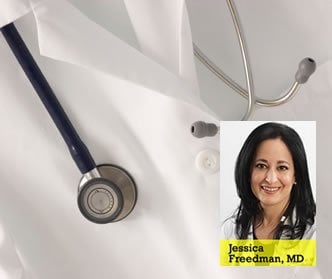Part 3: Competency Mirror, Not the Carnival Mirror
Did you ever like carnival mirrors? It’s often funny to see how these mirrors exaggerate various body parts to make you look like you have a short body (dwarfism) or an enlarged head (megaloencephaly).
The distorted view is often as entertaining as the game of comparison obsessively played by many prehealth applicants. Way too often we measure ourselves by the schools we attend, the grades we made, the research we’ve performed, the clinical experiences we’ve had, the trips we’ve taken, and the clubs we’ve joined. While often there may be some who enjoy one-upping others in their achievements, the echo chamber effect often makes it hard for individuals to really see the impression they make to others in the admissions process, and it really is this difference that can doom applicants.








